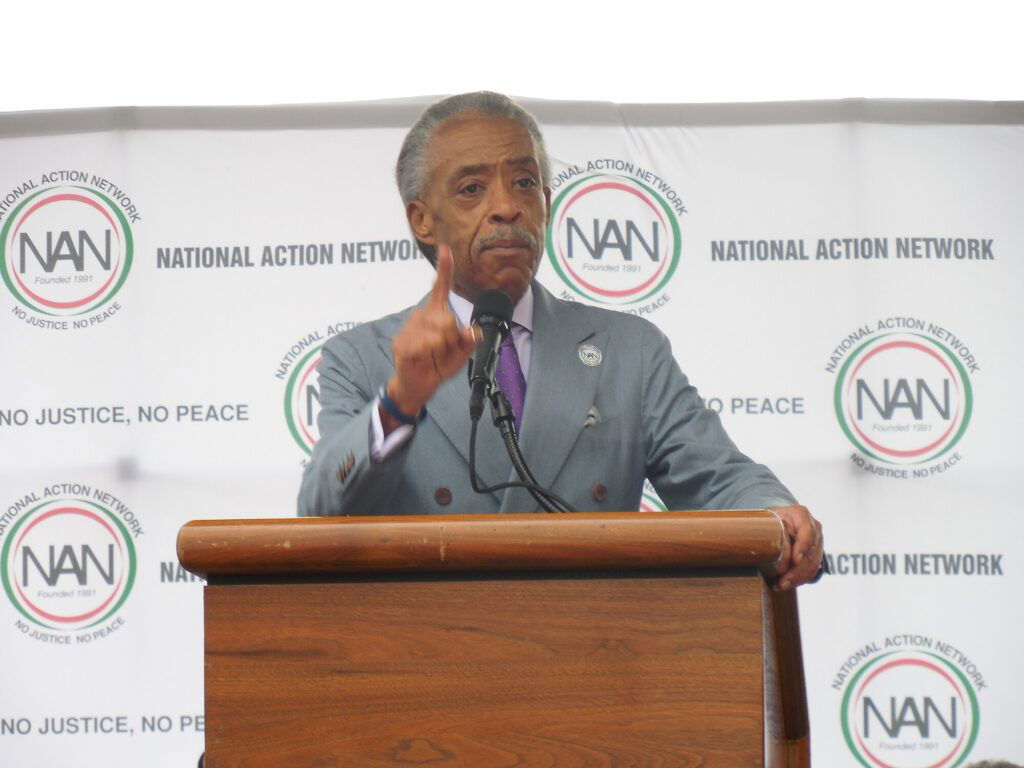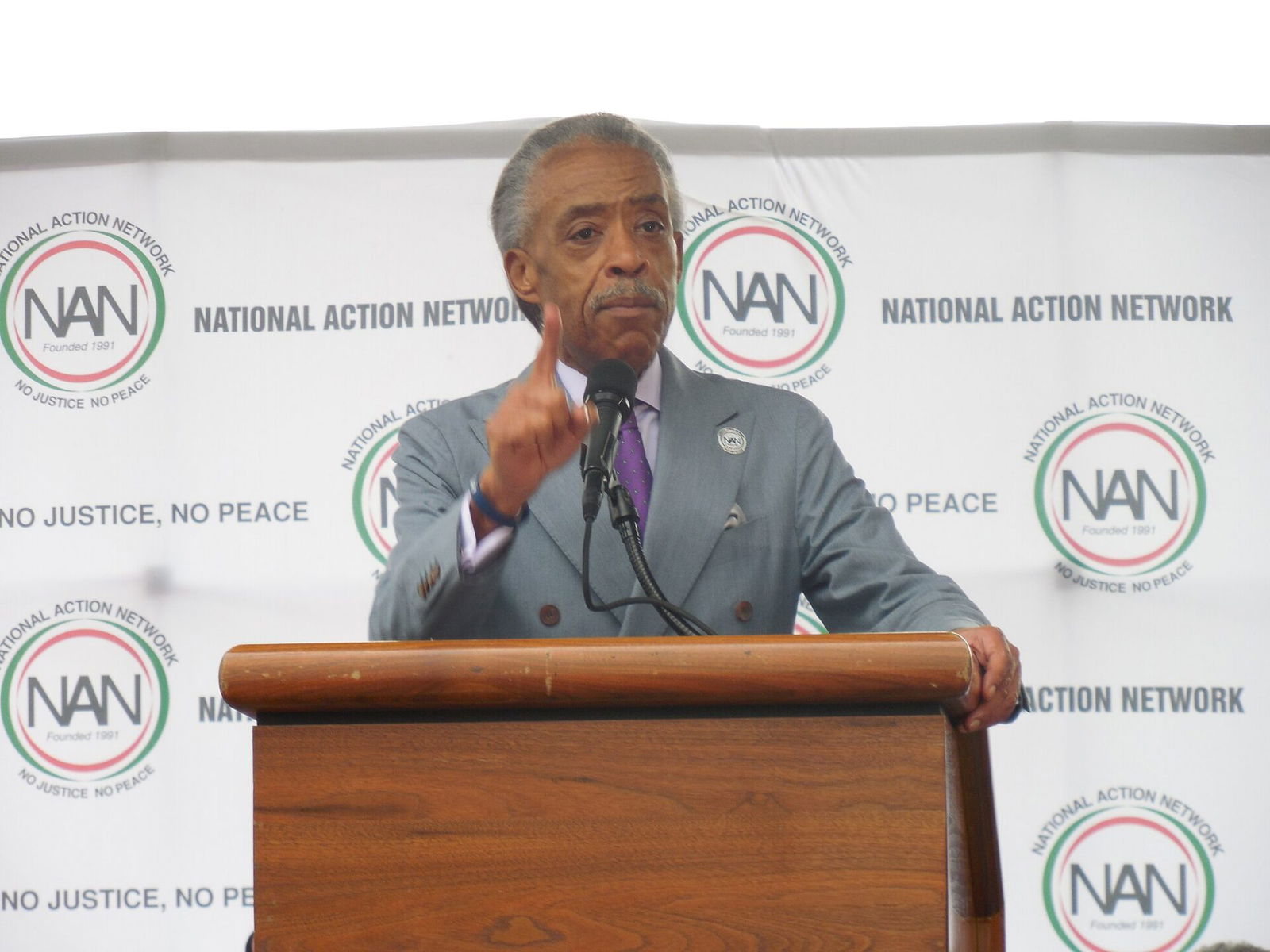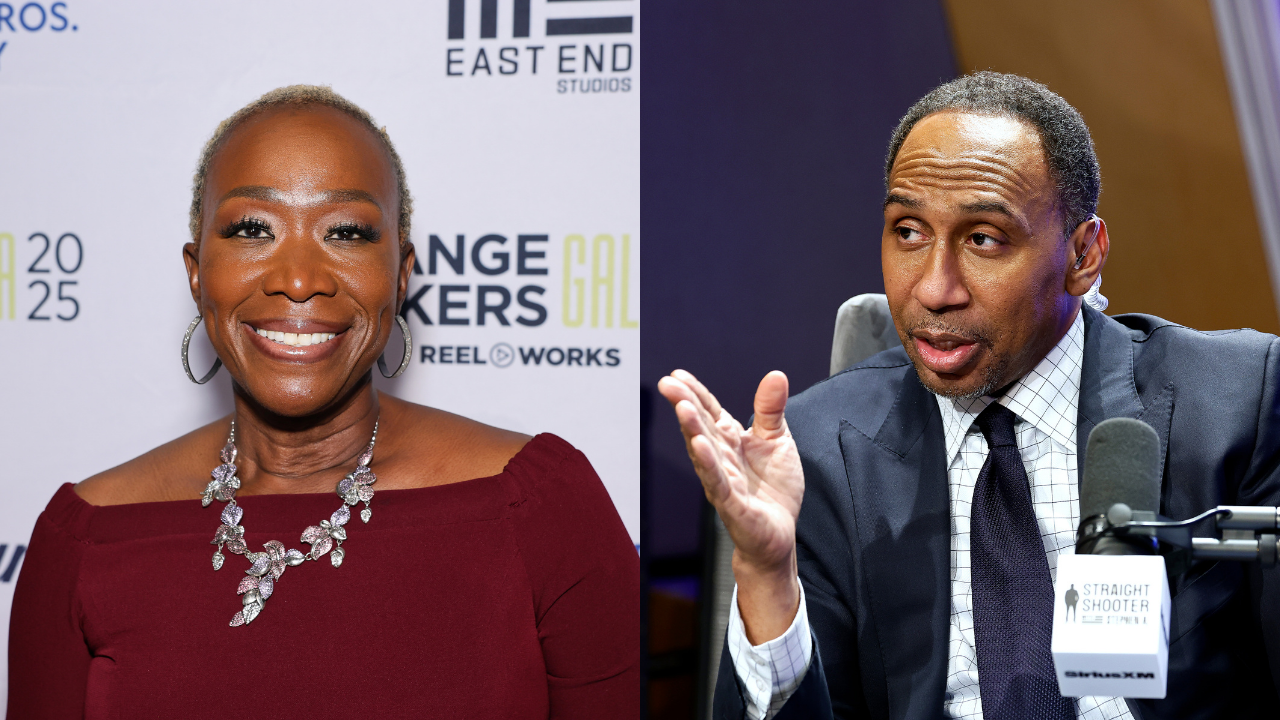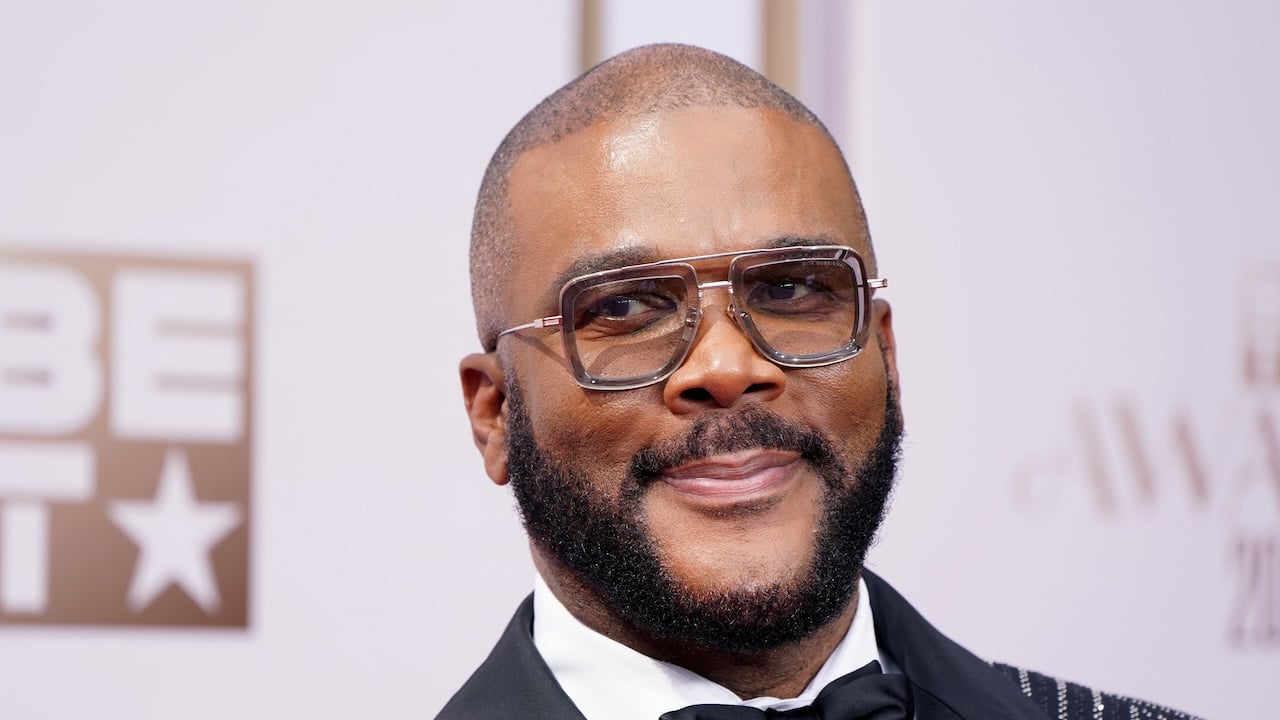As prominent Black men like Sean “Diddy” Combs and Tyler Perry face federal charges and sexual assault and abuse allegations, in a conversation prompted by TMZ reporters, Al Sharpton said that wealthy and prominent Black men have generally been targets in America, but cautioned against embracing conspiracy theories.
“I think we’ve got to be very balanced and say that we’re not going to believe every accusation given against somebody, but at the same time, we need to hold them accountable if there is evidence of them doing wrong, they should not use their wealth and celebrity in our community to justify some misbehaving,” Sharpton told the outlet.
In a 2024 report, which Pew Research updated to remove references to conspiracy theories, a majority of Black respondents indicated a belief that multiple systems, sometimes interlocking systems, were designed to hold Black people back.
Notably, these systems include the prison system, the court and judicial system, policing, the political system, the American economic system, the news media, and the health care system.
Per the report, their previous research indicated that although Black Americans felt somewhat optimistic about their financial futures, most believed that many American institutions have failed to treat Black people fairly, lending credence to Sharpton’s main argument that America has generally not treated Black people with respect.
According to one respondent in Pew’s”s 2023 focus group, a Black man in his late 30s wrote, “This is a capitalistic society. And I feel as though Black men just have to be the ones at the bottom in order for this system to succeed. … I think that a few hands may be part of this. I don’t want to speculate, but it just still seems to be a system set in place where Black people, especially Black men, have not been successful for a while. We can even go back to Black Wall Street where we were starting to have a little bit of success, and then that was taken down by the powers to be. So whatever system it is, it’s a pretty good system that doesn’t reveal itself so easily.”
His answer squares with Sharpton’s analysis, and at least some of the response online to rich and famous Black men’s high-profile legal problems indicates a belief that they are being unfairly targeted.
These perceptions of systemic injustice have also fueled public skepticism around the legal troubles of high-profile Black celebrities like Jonathan Majors and Sean “Diddy” Combs, raising questions about whether their treatment reflects deeper patterns of racial targeting rather than accountability.
RELATED CONTENT: Tyler Perry’s Lawyer Calls Out ‘Fabricated Claims’ In $260M Sexual Harassment Lawsuit






